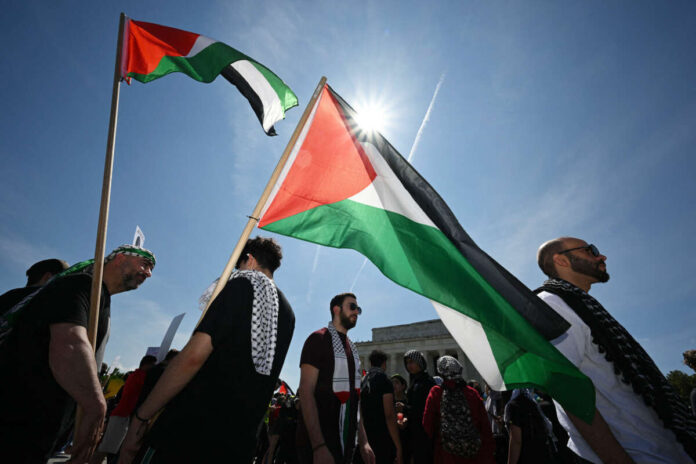Author: Hebh Jamal
Affiliation:Independent Activist and Writer
Organization/Publisher: Middle East Eye
Date/Place: June 21, 2021/UK
Type of Literature: Article
Word Count: 1520
Keywords: Lydd, Zionist, Palestinian
Brief:
In this article, the writer introduces the city of Lydd, where her family had roots and lived for generations in the village of Jimzu until ethnic cleansing was carried out by Israeli forces in 1948, in a military offensive called Operation Danny. The writer describes what her grandfather saw after the Israeli military operation against the residents of the village, and how the corpses were scattered in the streets. The article is a living testimony to the crimes of the Israeli occupation and the suffering of the Palestinians in the events of the Nakba. To this day, her family still maintains its official papers, which were issued in 1912 before the Israeli occupation of the Palestinian territories in 1948. Since the beginning of British colonialism and the beginning of Jewish immigration to Palestine, her grandfather realized the danger of the Zionist project at that time. She now works to educate Palestinian youth about this issue. The writer cites Palestinian professor Reja-e Busailah that since a certain point, “the people of Lydd outwardly adopted, invariably, an attitude and strategy of defence.” Until her family was displaced in 1948, her family witnessed the massacres committed by the Israeli occupation, including their killing of women, children, and the elderly. The writer tried to visit Jimzu in 2016, however the “Israeli” settlers prevented her from entering her grandparents’ village. The tomb of her uncle, who was killed by the occupation, still bears witness to the occupation’s crimes. In Lydd and the occupied territories, Palestinians are reasserting their identity by taking to the streets against the colonial settler state, showing that its containment policy will not work as long as apartheid continues. The writer concludes that there is no freedom without Palestinians’ right to return from the river to the sea.
By: Taqwa Abu Kmeil, CIGA Research Assistant




